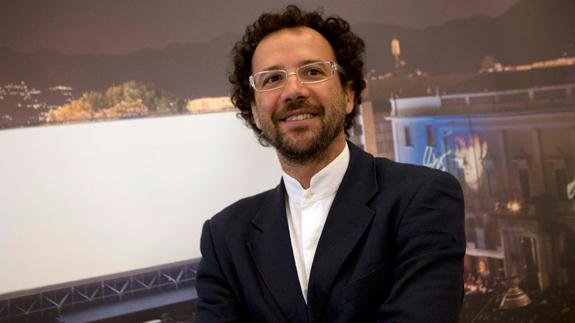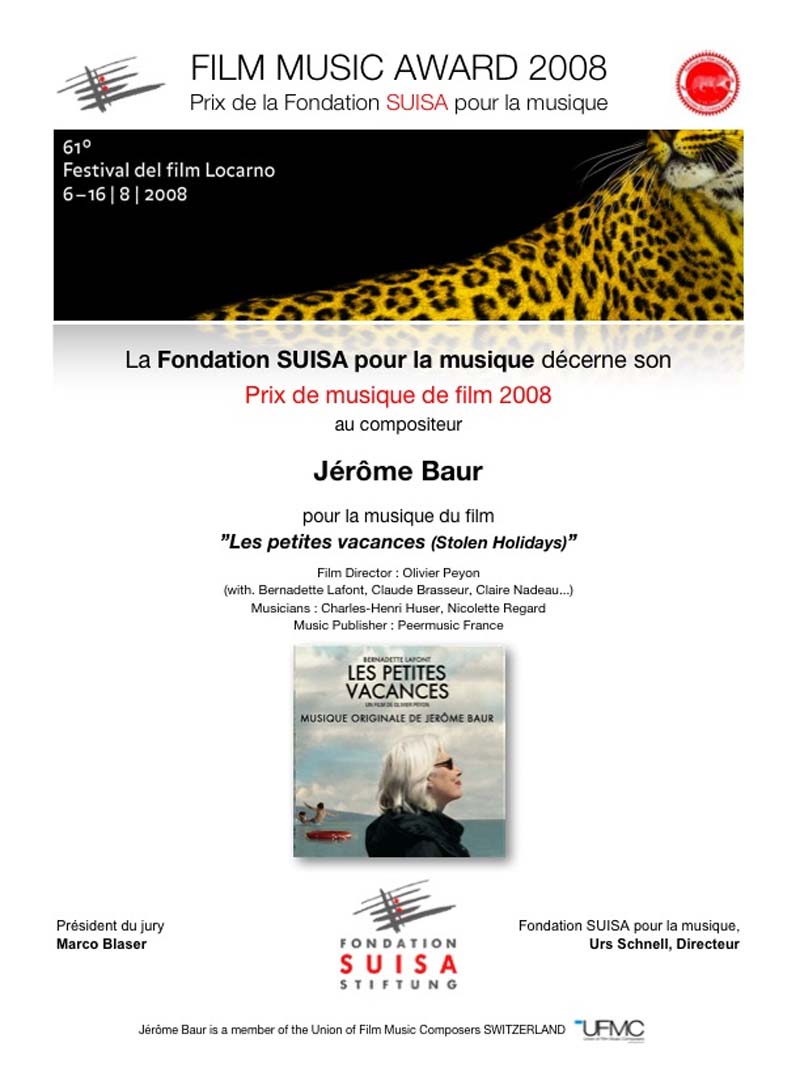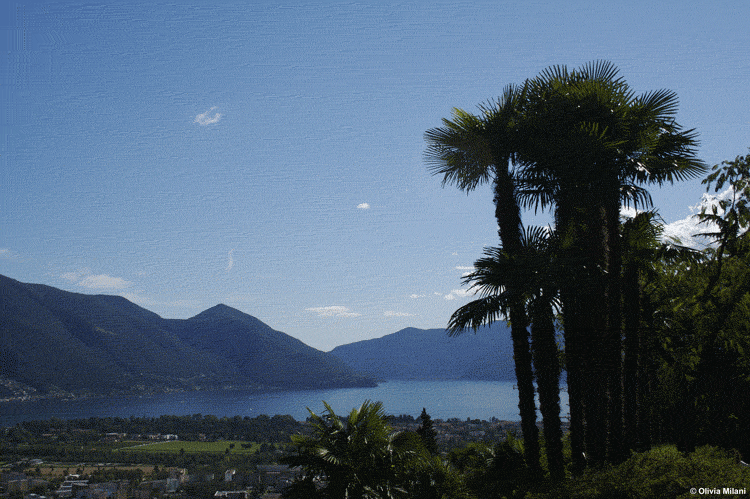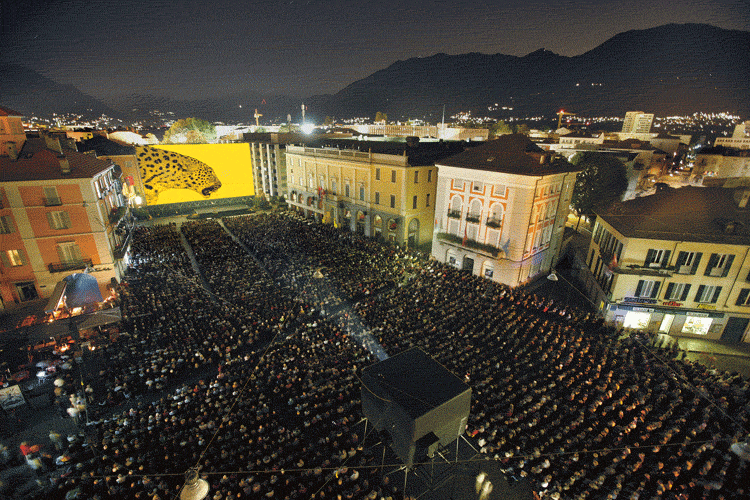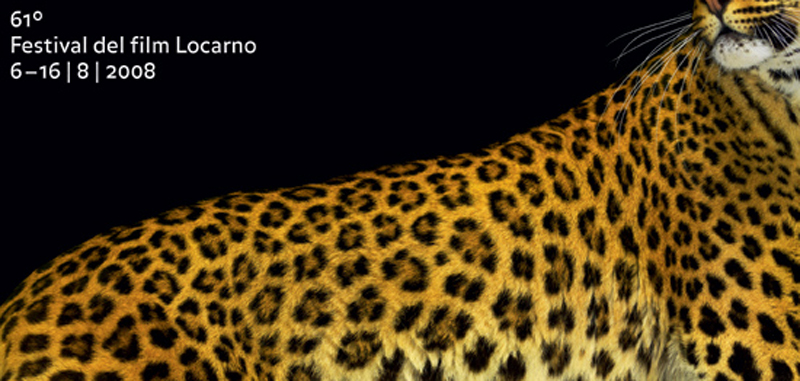
On acting:
“I learned from Warren Beatty that who’s tired first loses his battle”
“Acting is a matter of choices, Sharon Stone, close friend of mine, played great roles but not in the end, I chose the roles good for me.”
On producing and directing:
“I wanted to own something, buying the right, not to control but to choose the team”.
On Zodiac:
I am cinephile. I watched “Zodiac” 21 times and always taking notes”.
On playing with Marlon Brando:
“it was divine. He invented acting for our generation. He was a sweat heart, ne never lost touch, the ideas he came, unusual and unique”.
Ms Faye Dunaway, you represented a dynamic age of American cinema – the Sixties. What do you remember of those unique years?
My debut on the stage. I was a poor girl coming from the South and I remember that at the very beginning I really wanted to learn: I went to college, I finished it and I studied theater arts. You know, acting on a stage every night for several days is the best way to develop your muscles as actress, it permitted me to learn the craft. And to learn it well.
Your performances gave a large contribution to the evolution of woman figure archetype in modern society: great beauty, but correlated to strong and sometimes rebellious characters. Do you agree?
I do, and I was lucky to play so many important roles which helped me to understand that women have to stand up for their rights, to fight for what they believe. Waiting for Hillary becoming President of the United States – I hope. (she smiles)
From this point of view, is there any movie or character do you feel more attached to?
I would say Bonnie in “Bonnie and Clyde” because it was really close to my origins and to the real me – Dorothy Faye Dunaway, not the actress. I felt it really connected to my past.
From Three Days of the Condor to Network (the movie that gave you the Academy Award for Best Actress), you have often takent part to movies which challenge reality, trying to put it into discussion. Is this approach still working?
I think that movies should go beyond reality – otherwise we would talk about documentaries and reportages. Cinema has then to interpret reality, sometimes to predict reality – as it happened in “Network”. Sometimes, it is necessary to make some concepts understandable and asking: what does it mean for our society? Or better: what could it mean?
Which principles have driven you in the choice of the movies to take part to?
Characters, story and directors, but sometimes you just feel that a movie is right for you. And then, you cannot resist to the fascination of great artists, such as Marcello Mastroianni in “Amanti”, Jack Nicholson in “Chinatown”, Steve McQueen in “The Thomas Crown Affair”... I have been lucky to work with people at the top of their game, directors that have showed a gaze that goes beyond reality and have understood what really has been going on. Directors who have been able to read the subtext of our society: that is what I have always looked for.























